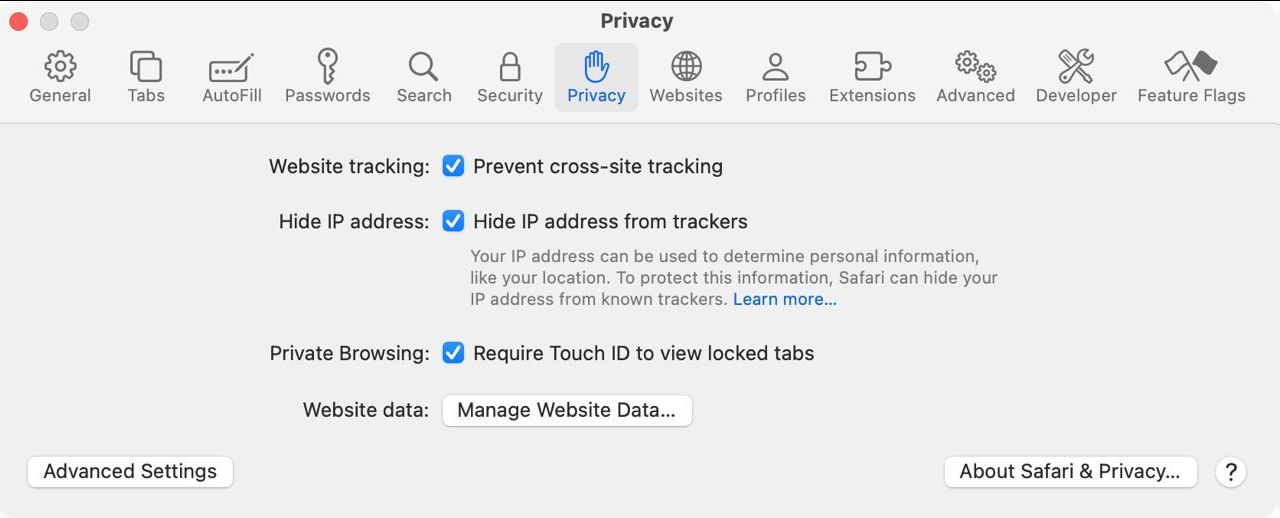IP Protection tests start in Google Chrome to improve user privacy

Google plans to start testing a feature in Google Chrome that it calls IP Protection. It is designed to protect user IP addresses through the use of proxy servers.
The IP address may reveal much about a user. Alone, it may reveal the approximate location and information about the network operator. It may also reveal the owner of an Internet connection, for instance in police investigations.
IP addresses may also be used for tracking purposes online. The effectiveness of this depends on how often new IP addresses are assigned to a device.
Proxy servers, VPNs or services like Tor are used to protect user IP addresses. It appears that Google is about to introduce a native option in its Chrome web browser.
IP Protection in Chrome

Google defines IP Protection in Chrome in the following way: "IP Protection is a feature that sends third-party traffic for a set of domains through proxies for the purpose of protecting the user by masking their IP address from those domains"
The feature will be opt-in during the initial testing and it will roll out gradually over time to client's with US-based IP addresses. Google does reveal that a "small percentage of clients will be automatically enrolled", which seemingly contradicts the initial opt-in promise.
The first phase limits the functionality to a proxy that Google owns and domains that Google owns as well. In other words: when users opt-in, some Google traffic is tunneled through the proxy in Chrome using Google's own proxy server.
This is done to test the infrastructure and ensure that other companies are not impacted negatively by the introduction of the feature.
Google mentions several other requirements in the initial post on the Chromium Dev forum. Users, those with US-based IP addresses initially, need to be signed-in to Google Chrome to test the feature. Since there is the chance for abuse, Google's server uses authentication. Testers receive a quota of access tokens to use the proxy in Chrome.
Chrome is not the only web browser with an IP Protection feature. Apple's Safari web browser has a Intelligent Tracking Protection feature, which hides the IP address of Apple users, when enabled. Apple uses a two-hop approach to improve privacy. Google plans to switch to a two-hop system in a later phase of the test.
Two hops means that two proxy servers are used. This ensures that no proxy server knows both the user's IP address and the destination. Tor uses three hops by default to improve security even further.
Closing Words
Internet users have a number of options when it comes to protecting the IP address of their device. VPN servers are one of the most popular options. All have in common that they change the IP address to another one for all communication. Apple's Hide IP Address feature and Google Chrome's upcoming IP Protection feature change it only for certain tracking requests.
Requests flow through Google servers, if IP Protection is enabled, which may have its own privacy consequences.
Now You: would you use IP Protection if your browser would support it? (via Bleeping Computer)




















Interesting
So instead of everyone having independent access to stealing a users data, instead they will have to pay the Google mafia for stealing it!? Yet another Trojan horse labeled under the disguise of PRIVACY. Probably used AI to teach them how to create a more effective lie so the general public will actually take this bait.
So everyone but Google won’t know my real IP. A VPN is still the way to stop the worst offender.
Well when using a VPN, Google doesn’t know who you are, but the VPN does. There are pretty trustworthy VPN providers (imho Proton, Mullvad, Mozilla etc), but the vast majority are likely borderline criminal, registered in some banana republic via a straw man and selling the data they gather from you using their service, on the dark web to make money. So there is a good chance, that you substitute one evil with another one that might even be far worse. Doesn’t have to be that way, but there is quite a chance, that it is.
So your approach only works if your VPN provider is 100% trustworthy.
That’s only the case, if you host your VPN server yourself, but in that case tracing the money (billing) leads directly back to you (unless you only pay in eg monero), and so the supposed privacy is immediately gone too.
Using a VPN doesn’t generally increase security/privacy, it just changes WHO knows what you are doing. So using a VPN might cause increased privacy as side-effect, but doesn’t have to. It can also be pretty detrimental if you use the wrong one (which is the vast majority). Which of the two it is depends on the individual case.
Doesn’t mean that VPNs are generally a bad thing, they certainly aren’t, and may even be a life saver, especially if you are living in an authoritarian dictatorship, but they are far from being “the ultimate privacy wonder weapon” as they are often painted to be, by … ehm .. let’s say far too naive individuals.